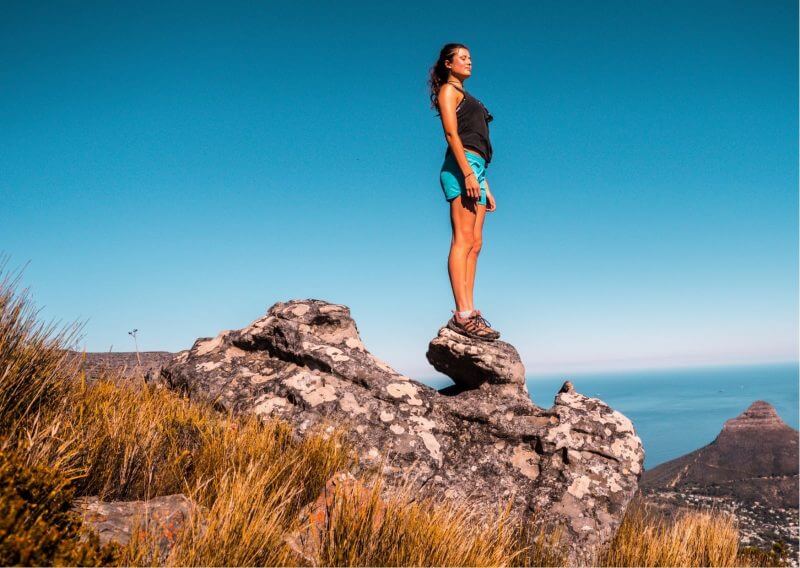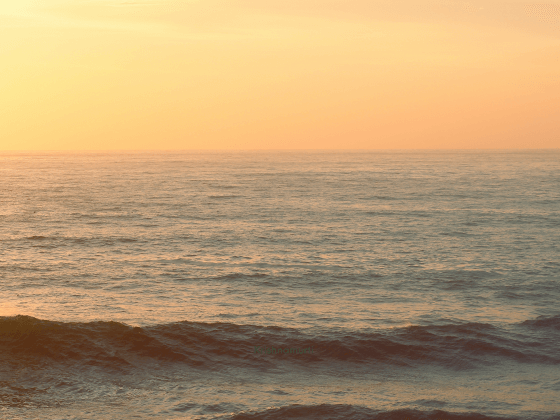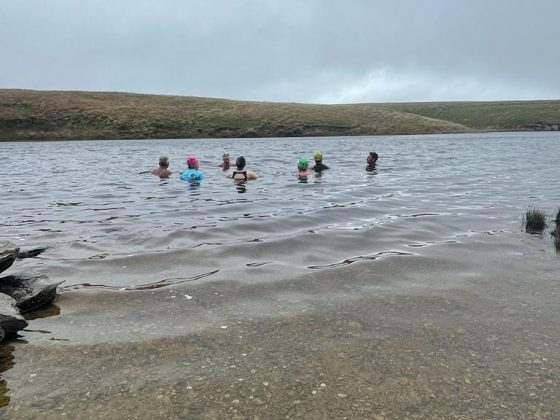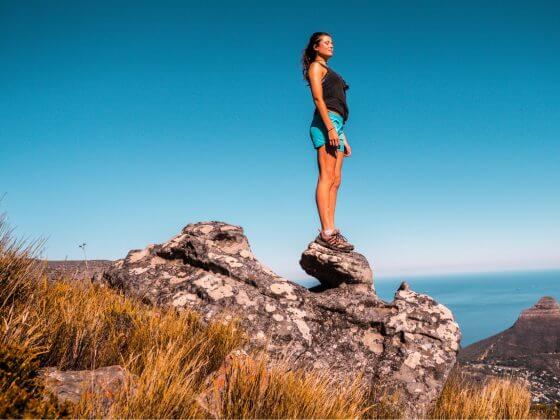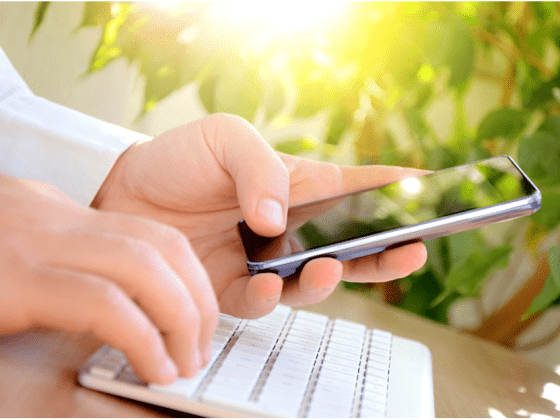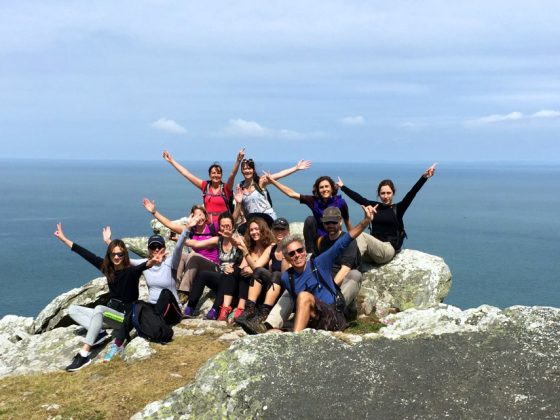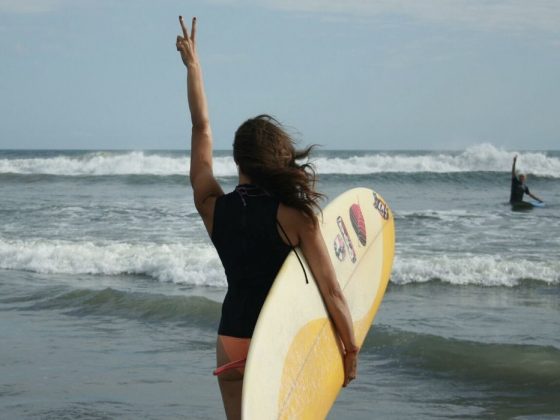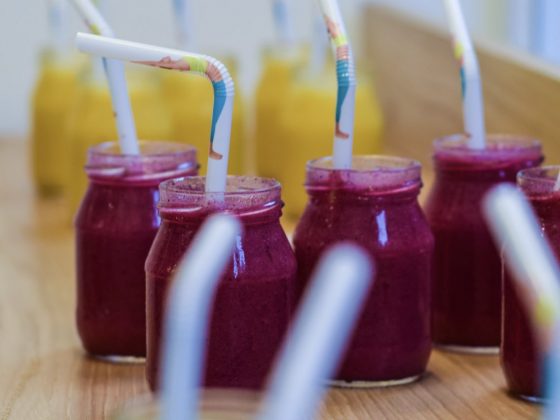As Spring is in its step here at Yeotown health retreat and we are thinking about a few simple activities to #SitLess and #MoveMore about your day. How about heading out for a hike next bank holiday?
Running will never go out of fashion since it generates important health benefits and is so easy to practice. However, it is not always a discipline that everyone can get into and for a lot of people, it feels like too much on their bodies. For those who do not enjoy a run, hiking can be a good alternative.
Some of the benefits of Hiking
- Hiking is a natural stress relief and mood enhancer. It had been proven to quieten your mind and to allow you to zone in on your breathing thus in part moving you into a meditative state. Hiking decreases ‘remuneration’ which are negative thought patterns that play over and over in our heads.
- If you’ve got a problem to solve? Leave the gadgets at home. Researchers believe that all the daily electrical mental stimuli and information we are faced with overwhelms our brains. Resulting in reductions in our cognitive resources, which limits our creativity and problem-solving abilities. Getting out into nature, away from these stimuli restores our depleted attention circuits. – It will also make you sleep better too!
- Helps you to become more mindful and present which helps you to take time out and tune in. To reflect on what’s going on for you in your body, mind and spirit. Increasing your connection with the outside world and allowing you to become immersed in nature will increase your empathy.
- Getting outside for even a short hike regularly can increase your fitness and cardiorespiratory system. And reduces your risk of heart disease, lowers your blood pressure and cholesterol and helps to prevent type II diabetes.
- A sport for anyone Hiking does not present any contraindication. It is suitable for anyone. Moreover, it is convenient if you do not like it or you cannot run, try hiking! It will provide the same benefits as running, besides enjoying the beauty of nature.
- Hiking makes your legs strong, it engages your core and works your upper body for a truly holistic workout. Nothing like clambering over uneven surfaces and navigating your way around rocks, fallen trees, across streams and over tree roots to build stability.
Yeotown Hiking Packing List
We’ve put together the bulletproof list that will help you when you come to visit us at Yeotown Maderia or Yeotown Devon and come on one of our awe-inspiring hikes.
- Waterproof Hiking Boots or Shoes
- Wellington Boots (optional)
- Hiking trousers/ shorts – Polycotton or artificial fibre trousers – not jeans or corduroy (we recommend Craighoppers Trousers)
- Thick Socks (comfortable with your boots)
- Waterproof jacket and trousers – Preferably with a hood/ waterproof hat.
- Breathable materials such as Sympatex or Goretex will feel more comfortable. Fleece or similar warm layer such as a merino base layer.
- Warm hat and gloves (cold weather)
- Sunhat, sunglasses and sunscreen
- Rucksack (Big enough to carry waterproofs, essential medication, water, camera, extra socks) Water bladder or hydration pack for your rucksack
- Water bottle 1litre
- A Compeed range of blister treatment plasters
- iPod (optional)
- Nail trimmers (optional)
- Small Camera (optional)
- Hiking poles (optional)
Always pack appropriately for the time of year you are coming. Layers of light clothing are better than one thick layer. Warmth is created by trapping air and heating it. The multiple-layer system allows you to add or remove layers as conditions dictate. The base layer, closest to your skin, should allow you to sweat without becoming wet. This dispersal of sweat/moisture is called wicking and is best performed by thermal or technical fabrics. Fleece is an ideal intermediate layer. The outer or “shell” layer should be windproof and waterproof with breathable fabrics being preferred.
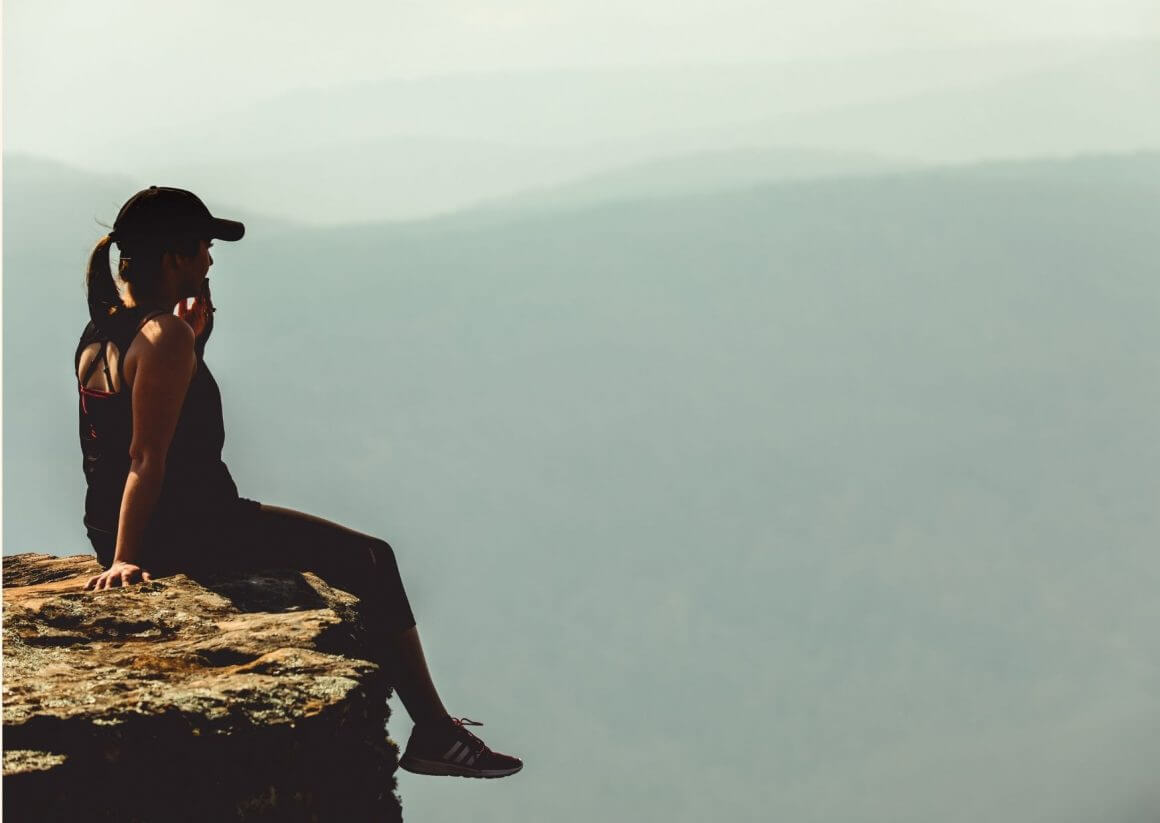
Things to do if you can’t go for a hike
Perhaps try a few things below to get your body moving. Harvard studies found that simply walking or hiking 20 minutes a day may reduce your risk of heart disease by up to 30%.
Here are a few things to try:
- Use the stairs rather than the lift
- Stand up and take a break from your computer every hour
- Eat lunch away from your desk and go for your 20minute walk
- Stand and walk during phone calls
- Have standing or walking meetings
- Walk over to your colleagues’ desks instead of creating an even longer email trail.



